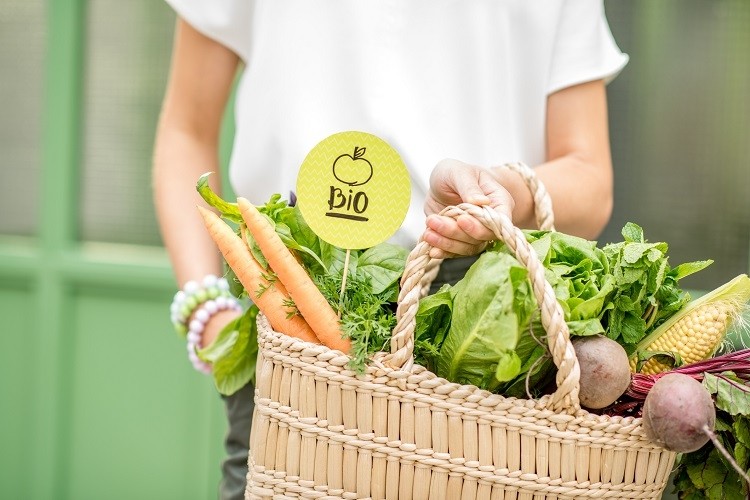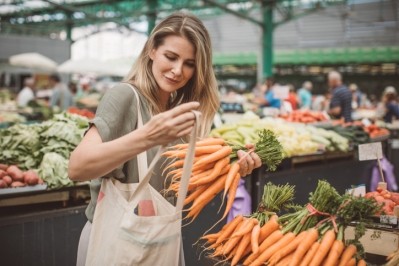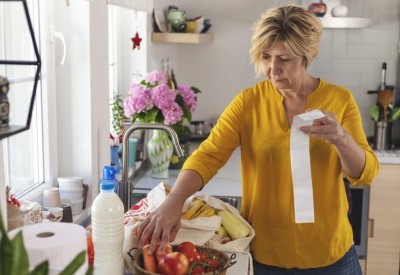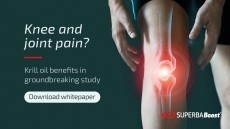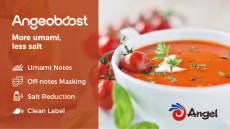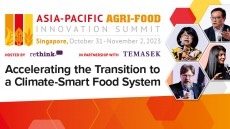How is the cost-of-living crisis impacting the health and sustainability of shopping baskets?
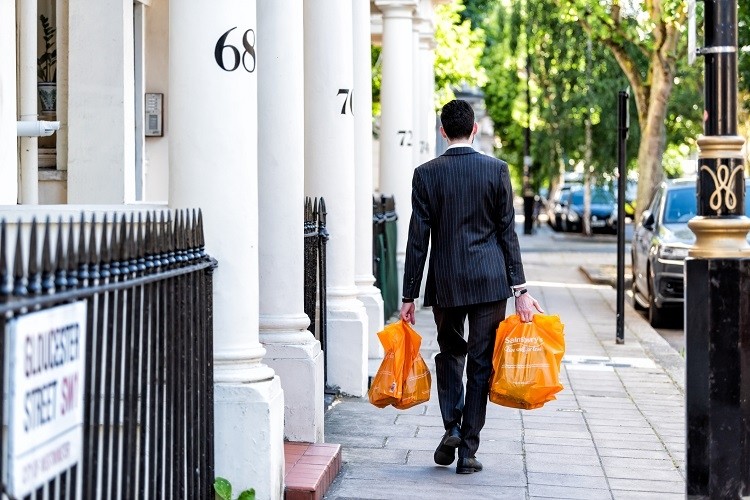
The first six months of 2022 have seen global food prices surge by 12%, according to UN data. Compared to pre-pandemic figures, food prices have increased by 65%.
The compounding effects of high energy prices, drought, and geopolitics have created something of perfect storm. Analysts at Morgan Stanley Research forecast that food prices will peak this year.
Unable to absorb rising ingredients and production costs, brands have been forced to pass at least part of it onto consumers. And shoppers are taking notice. Some food items to have experienced the greatest increase in price on-shelf include potatoes, olive oil, flours, and other cereals.
How are increased prices impacting which foods end up in shoppers’ baskets? According to fresh research, consumers are struggling to purchase as healthy and sustainable food as they would like.
Brits struggling to eat healthily
An increasing number of customers are seeking healthier and more sustainable food and drink.
According to consumer research-focused NielsenIQ, 54% of UK consumers pay attention to labelling/food nutritional values when grocery shopping. Sugar (45%), fat (41%) and salt (31%) content have the biggest impact on purchase decisions, it noted in a 2022 survey.
However, shoppers in the UK face a challenge in doing good for their personal health while managing the rise in food and living expenses as a result of the current inflation in the country, noted NielsenIQ.
At last count, inflation in the UK had risen to 9.4%.
Data from June 2022 suggested that the value of total salad sales had dropped -4.8% compared to the same period last year. Total fruit sales were also down 3.9%.
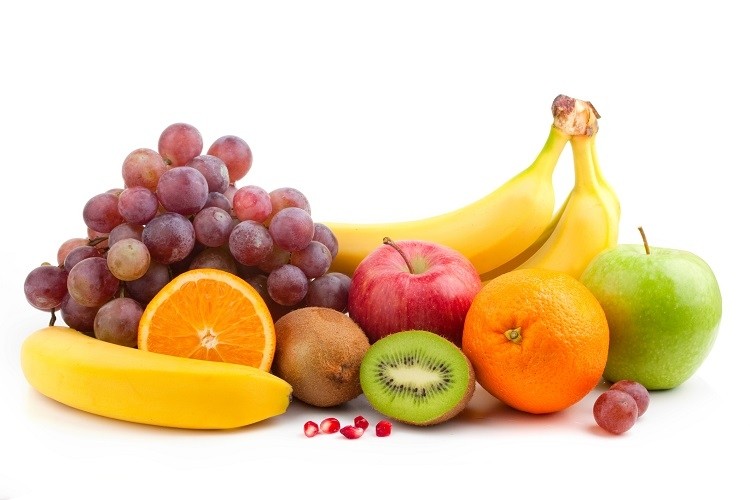
Other research suggests that nearly half (44%) of Brits are struggling to eat healthily because of the cost-of-living crisis.
A survey conducted by Censuswide last month on behalf of plant-based analogue brand Meatless Farm indicated that two-thirds of UK consumers have cut back on fresh fruit and vegetables this year.
Nearly half (44%) are worried about how they will afford to eat healthily with shoppers forced to lower their standards: two in five are making the swap to cheaper quality meat (40%), frozen (45%) and tinned (39%) food.
Around one-third said they fill up on pasta and rice instead of fresh fruit and vegetables.
The poll revealed that exotic fruits, such as grapes, melons, pineapple, and mango are the most likely to get scrapped from shopping baskets, with one in five (20%) ceasing to buy avocados.
“Cutting down on fruit and veg and replacing this with carbohydrates and cheaper quality meat is not a viable option for the future of our nation’s health, and the findings in this study are concerning for both the nutrition of our nation and the environment,” said Meatless Farm founder Morten Toft Bech.
Keen for ‘green’, but can we afford it?
Fresh research also suggests that although consumers want to be purchase environmentally friendly food and drink, the cost-of-living crisis can prove a hurdle.
According to NielsenIQ, 60% of UK households say it is important to buy sustainably produced grocery products to help save the environment.
The three most important concerns about grocery products, according to the consumer research firm, are food waste (45%), buying local/British (36%), and minimal/no packaging (26%).
“However, although consumers expressed a will to switch to sustainable product packaging, shopping behaviour did not always reflect this willingness,” noted NielsenIQ.
While overall, total salad sales had declined compared to this time last year, value sales for bagged salad rose +2.7%. Prepared fruit sales are also on the up +15.6%.
In November last year, 2.7m households in the UK said they were replacing meat-based meals with vegan or vegetarian alternatives – with 40% stating it was better for their health and 31% stating it was better for the planet.
Yet this could prove a challenge, suggested Nielsen IQ, given that meat alternative mince is 26% more expensive per kg than beef mince. An average basket spend for meat costs £40.99, while an average basket meat for meat alternatives stands at £43.60.
“With 49% of households focusing on value for money when buying new food and drink products, UK shoppers find themselves in a bit of a fix as they struggle to balance tight budgets with their health and sustainability values,” said Katrina Bishop, UK Thought Leadership Activation Manager at NielsenIQ.
“We may see a slight shift in priorities from shoppers as they seek to find alternatives ways to balance this, for example, cutting back on grocery spending and on meat may result in cooking with fresh vegetables rather than seeking out meat alternatives.”
